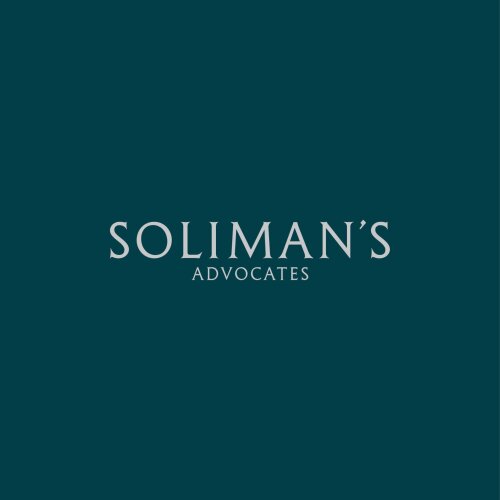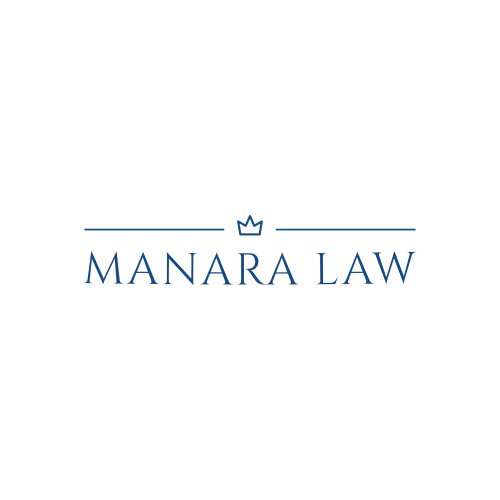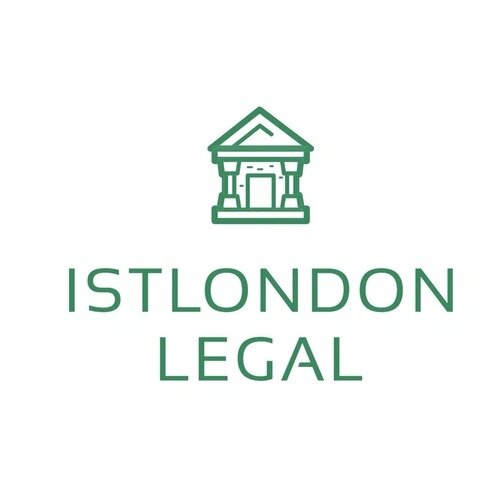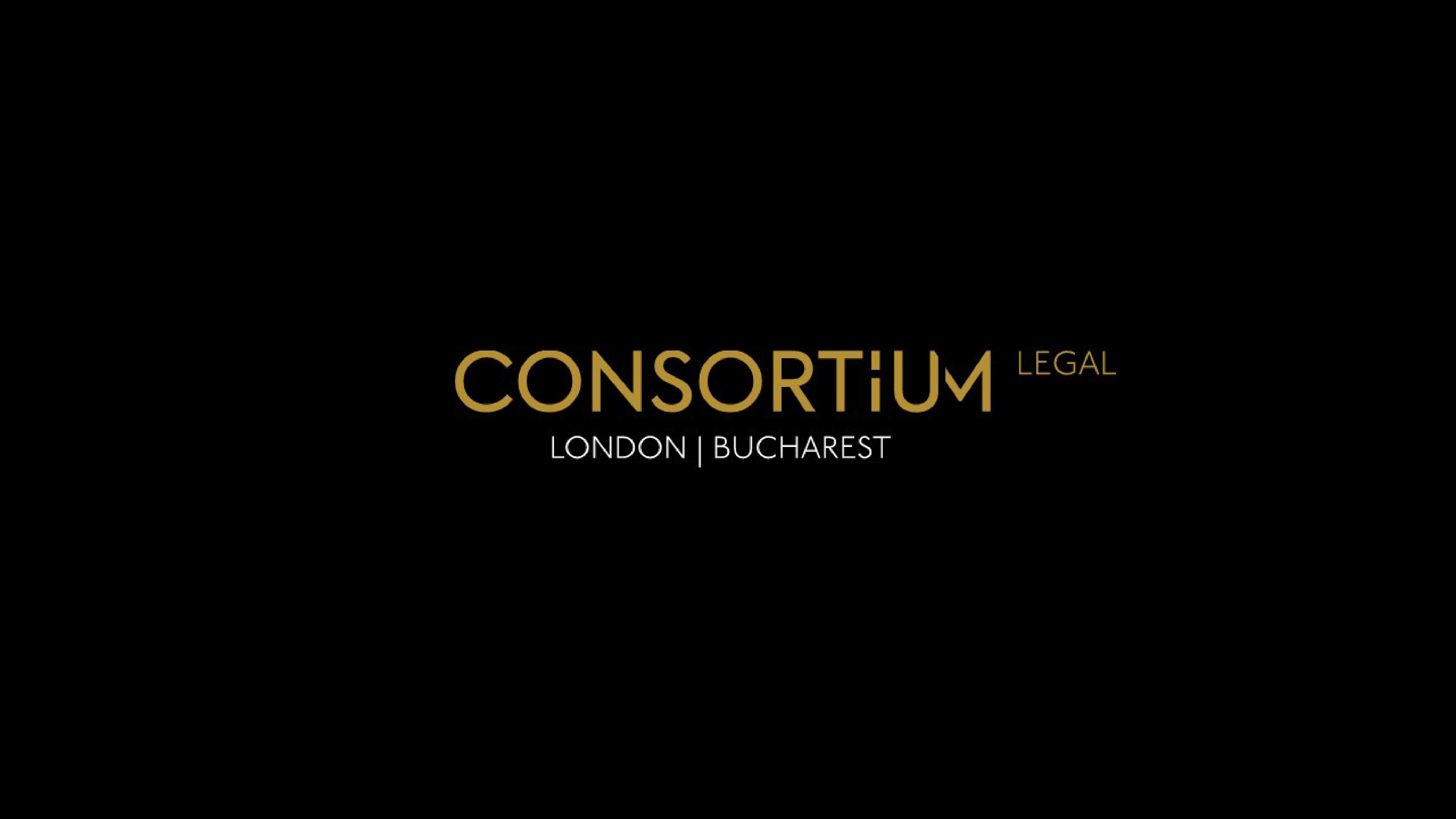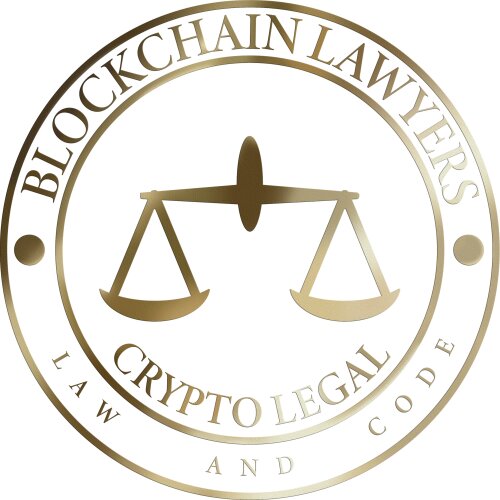Best Sanctions & Export Controls Lawyers in London
Share your needs with us, get contacted by law firms.
Free. Takes 2 min.
List of the best lawyers in London, United Kingdom
Legal guides written by Crypto Legal:
- The Evolution of Crypto Fraud in 2025: Forensic and Legal Strategies for Prevention and Recovery
About Sanctions & Export Controls Law in London, United Kingdom
Sanctions and export controls are legal measures that regulate the movement of goods, technologies, and services in and out of the United Kingdom. These measures aim to achieve foreign policy, security, and international obligations, such as combating terrorism, nuclear proliferation, and human rights abuses. In London, as the UK's financial and trade hub, these laws impact a broad spectrum of businesses, including banks, logistics providers, manufacturers, and individuals involved in cross-border transactions. The laws are complex and updated frequently in response to global developments.
Why You May Need a Lawyer
There are many situations where you may need legal help regarding sanctions and export controls. Common scenarios include:
- Uncertainty about whether your business activities or transactions are subject to UK, EU, or United States sanctions or export controls.
- Facing an investigation or enforcement action from UK authorities such as HM Revenue & Customs (HMRC) or the Office of Financial Sanctions Implementation (OFSI).
- Receiving a request from a client or supplier in a sanctioned country.
- Planning to export goods, software, or technology that may be controlled or require a license.
- Discovering a potential breach of sanctions by your organization or employees.
- Requiring due diligence for mergers, acquisitions, or new business relationships to ensure compliance.
- Needing compliance training for staff or help developing internal policies and procedures.
- Challenging the designation of your business on a sanctions list.
Legal professionals can help interpret complex laws, manage regulatory risk, obtain licenses, respond to investigations, and handle enforcement action.
Local Laws Overview
The UK has its own comprehensive framework for sanctions and export controls, especially since leaving the European Union. Key laws and regulations you should understand include:
- Sanctions and Anti-Money Laundering Act 2018 (SAMLA): Provides the legal basis for UK-specific sanctions regimes, replacing direct application of EU sanctions post-Brexit.
- Financial sanctions: Administered by OFSI under HM Treasury, these restrict dealings with designated individuals, entities, or countries. They can apply to funds, financial services, or even travel bans.
- Trade sanctions: Restrict import, export, supply, delivery, and technical assistance related to specific goods or services, particularly in relation to controlled countries, goods, and technologies.
- Export control legislation: The Export Control Order 2008 and related regulations set controls on the export of military and dual-use items, software, and technology, requiring specific licenses in many situations.
- Licence requirements: Many controlled activities require prior government authorization. Operating without a required license, even inadvertently, can result in severe penalties.
- Breaches and penalties: The UK authorities can impose criminal and civil penalties, freezing of assets, and disqualification from business operations.
- Post-Brexit arrangements: The UK now largely implements its own sanctions, separate from the EU, but businesses may also be subject to overlapping international regimes, including US secondary sanctions.
Frequently Asked Questions
What is the difference between sanctions and export controls?
Sanctions generally refer to legal restrictions targeting specific countries, groups, or individuals for political or security reasons. Export controls focus on the movement of certain goods, technologies, or software that could be used for military or harmful purposes. Both involve restrictions and may overlap in some cases.
Who enforces sanctions and export controls in the UK?
In the UK, the Office of Financial Sanctions Implementation (OFSI) handles financial sanctions, while HM Revenue & Customs (HMRC) and the Export Control Joint Unit (ECJU) are responsible for trade controls and export licensing.
Do UK sanctions apply to businesses outside the UK?
Sanctions can apply extraterritorially if the business or its activities have a UK nexus, such as involving UK persons, entities, or currency. This can also affect non-UK branches of UK companies.
What are dual-use goods and why are they controlled?
Dual-use goods are items that have both civilian and military applications, such as certain chemicals, software, or technology. Export of these goods often requires a license to prevent misuse in weapons development or prohibited activities.
How can I check if someone is subject to UK sanctions?
The UK government publishes consolidated lists of all designated individuals and entities subject to asset freezes or other restrictions. It is important to screen against these lists before entering or continuing business relationships.
What happens if I breach sanctions or export controls?
Breaches can result in severe penalties, including substantial fines, criminal prosecution, loss of export privileges, and damage to your reputation. Even accidental breaches can trigger enforcement action.
Do I need a license to export goods or technology outside the UK?
Many categories of goods, technology, or software require a licence for export, especially if destined for countries subject to sanctions or controls. The need for a licence depends on the nature of the goods and their destination.
What industries are most affected by UK sanctions and export controls?
Industries such as banking, shipping, energy, technology, aerospace, and defense are especially impacted. However, any business involved in international trade should assess its exposure and compliance needs.
Can I challenge my listing on a UK sanctions list?
Yes, there is a legal process through which individuals and entities can apply for removal from the UK's consolidated sanctions list. Legal assistance is recommended for this process.
How often do UK sanctions and export control laws change?
Sanctions regimes and control lists are updated frequently, sometimes at short notice, in response to global events and international policy shifts. It is crucial to monitor updates and review compliance regularly.
Additional Resources
Several organizations and governmental bodies offer information and assistance regarding sanctions and export controls in the UK:
- Office of Financial Sanctions Implementation (OFSI) - Issues guidance and enforces financial sanctions.
- Export Control Joint Unit (ECJU) - Provides details on export licenses and controls.
- HM Revenue & Customs (HMRC) - Investigates suspected breaches and enforces trade controls.
- Department for International Trade (DIT) - Offers support for businesses trading internationally.
- Law Society of England and Wales - Can help locate qualified sanctions and export control solicitors in London.
Next Steps
If you need legal assistance with sanctions and export controls in London, take the following steps:
- Identify any specific concerns or potential exposure your business may have related to sanctions or export controls.
- Consult updated resources and guidance from relevant UK authorities like OFSI and ECJU.
- Contact a specialist lawyer with experience in UK sanctions and export control law to discuss your situation. Many offer initial consultations.
- Gather any relevant documentation, including contracts, correspondence, and records of international transactions or shipments.
- Consider implementing or updating your internal compliance procedures and training your staff to recognize potential issues.
- Monitor legal developments, as the UK’s sanctions landscape can change rapidly.
Taking proactive legal advice early can help manage risk, avoid costly enforcement actions, and ensure your business remains compliant with complex UK sanctions and export control laws.
Lawzana helps you find the best lawyers and law firms in London through a curated and pre-screened list of qualified legal professionals. Our platform offers rankings and detailed profiles of attorneys and law firms, allowing you to compare based on practice areas, including Sanctions & Export Controls, experience, and client feedback.
Each profile includes a description of the firm's areas of practice, client reviews, team members and partners, year of establishment, spoken languages, office locations, contact information, social media presence, and any published articles or resources. Most firms on our platform speak English and are experienced in both local and international legal matters.
Get a quote from top-rated law firms in London, United Kingdom — quickly, securely, and without unnecessary hassle.
Disclaimer:
The information provided on this page is for general informational purposes only and does not constitute legal advice. While we strive to ensure the accuracy and relevance of the content, legal information may change over time, and interpretations of the law can vary. You should always consult with a qualified legal professional for advice specific to your situation.
We disclaim all liability for actions taken or not taken based on the content of this page. If you believe any information is incorrect or outdated, please contact us, and we will review and update it where appropriate.



